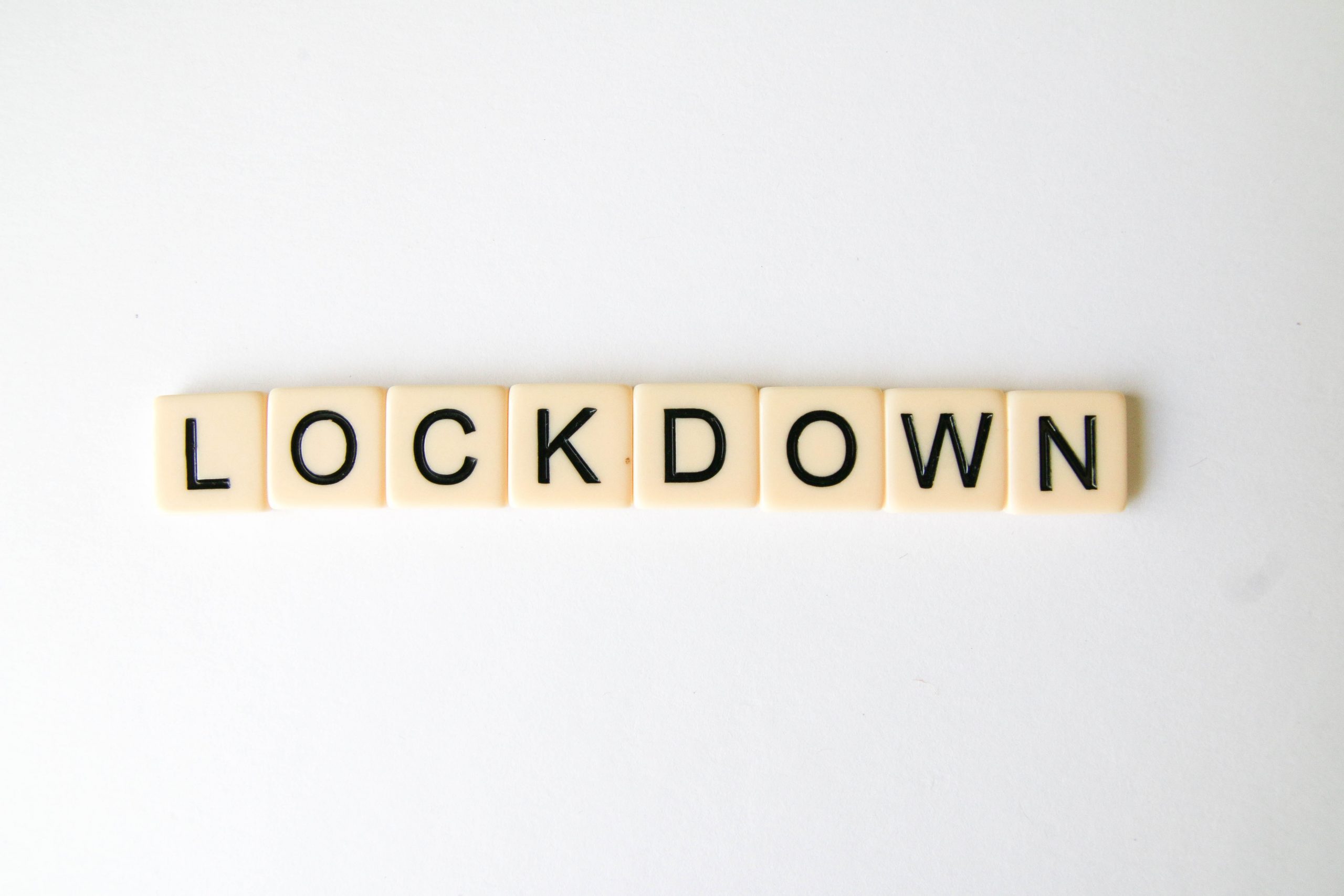
Life&Style writer Anastasis Mauriac offers a reflective piece about the nostalgia many people feel for the first lockdown a year later
According to Oxford Languages, nostalgia is ‘a sentimental longing or wistful affection for a period in the past.’ The main reason people feel nostalgic for the first lockdown is linked to novelty. Most people had never heard about lockdown before. It sounded scary, to be locked up as if we were imprisoned. However, the world soon realised how nice it was to spend the day in bed with nothing else to do besides making food, showering and sometimes working on the computer. The first lockdown was a new experience. For many, it was a time to rest, to stop this hyperactive life.
Dr. Meghan Tinsley, a sociology researcher at the University of Manchester argues that it felt like a holiday. Indeed, it completely changed what school looked like for students. Zoom entered our lives and soon, there was no need to run from classroom to classroom, as the class was available within a click. Many of my friends welcomed the first lockdown as they were slowly getting burned out from working. I remember being happy to avoid social interactions during the break of several of my classes. Indeed, as an introvert, high school was very draining. Seeing all these people and not knowing if you had to say hi or not, stop for a chat, or ignore them was very nerve-wracking. Lockdown threw all of these concerns to the trash. From now on, I could spend the break relaxing in my bed or checking my phone without social pressure. During the very stressful classes, I could mute my microphone and my camera and contribute to the class as a ghost. Honestly, all of this was a very positive experience as it relieved me from a lot of unnecessary stress.
“The first lockdown was a new experience. For many, it was a time to rest, to stop this hyperactive life
For many students, the first lockdown also meant no more school for a few weeks as the administration was figuring a way to make online classes work. Many students did not pass their A levels which was a relief for some and a big disappointment for others. During the first lockdown, many TikToks were made about Zoom and waking up 2 min before the class starts. Indeed, being able to wake up later and avoid the tube was nice. Not having to dress up or look presentable relieved some pressure. I remember staying up late at night, so late that I could see the sunlight and then I fell asleep. Aaaaah the memories…
Another novelty that the first lockdown brought back is family time. Indeed, as it represented a breach in time and most people were not allowed to leave their house, people could only socialise with their housemates, most often that meant family. A year later, many people reminisce about the old days of walking with the family, cooking nice dinners because you had time, chatting for hours and simply enjoying each others’ company. Although, it came from restrictions and because socialising with friends was not allowed, it strengthened bonds.
“The difference in weather and seasons is a reason for the nostalgia of the first lockdown
Moreover, since the 2020 lockdown began in spring, it meant that sunny days were getting longer and warmer which made it easier to go on walks. Warm and sunny days were coming and made people happier. Indeed, the difference in weather and seasons is also a reason for the nostalgia of the first lockdown as it started at the end of March and stopped towards the end of summer. When the next lockdowns appeared, it became a routine to stop socialising. The lack of daylight as days were getting shorter during Autumn and Winter created a wave of pessimism.
Another theme pointed out by Dr. Tinsley is the solidarity effect of the first lockdown. Indeed, I remember applauding every Thursday evening at 8 o’clock for the hospital staff to show how grateful we were. It was the moment to talk to the neighbours and feel like we were in this all together.
“Using the nostalgia to remember better days and believing that things are going to get better is the best way to move forward
The first lockdown was still an innovation to experience, something fun or at least historical to live through. But the routine created by the accumulation of lockdowns led to boredom and fatigue as the current situation is unclear, monotonous and isolating despite the pubs reopening in May. Moreover, looking backward helps to forget about the present and the future. Back in March 2020, there was collective optimism that it was not going to last long and that with summer, it was going to all go away.
However, on a heavier note, ‘It’s unlikely that people who directly experienced loss during that period are feeling nostalgic about it. No one is nostalgic for the inability to visit loved ones in A&E or attend funerals,’ Dr. Tinsley stresses. Indeed, many people found the third lockdown harder than the previous ones because it became harder to see the end of the tunnel. Lockdowns do not seem to be a temporary measure that serve a purpose anymore.
Even though the future seems unsure, staying positive is the only way to move forward! Using the nostalgia to remember better days and believing that things are going to get better is the best way to move forward and get through this moment of massive uncertainty.
Read More From Life&Style:
Comments